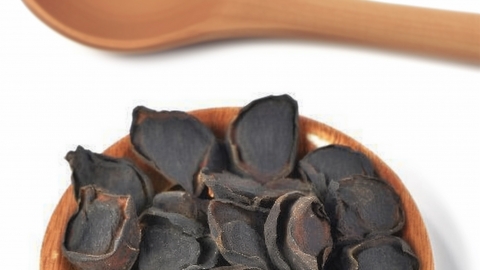What are the side effects of Hei Shun Pian?
Common side effects of Heishunpian generally include cardiovascular toxicity, neurological abnormalities, gastrointestinal irritation, allergic reactions, respiratory depression, and liver or kidney damage. If any abnormalities occur, prompt medical attention is recommended. A detailed analysis is as follows:

1. Cardiovascular Toxicity: Aconitine directly affects myocardial cells and may cause arrhythmias, such as ventricular premature beats and atrioventricular block, as well as sudden blood pressure changes, which can lead to ventricular fibrillation or cardiac arrest in severe cases.
2. Neurological Abnormalities: After poisoning, symptoms such as numbness of the mouth and tongue, dizziness, headache, limb tremors, or confusion may occur. Severe cases may experience convulsions and coma, caused by abnormal excitability at the neuromuscular junction and within the central nervous system.
3. Gastrointestinal Irritation: Stimulation of the gastrointestinal mucosa may lead to nausea, vomiting, abdominal pain, and diarrhea. In severe cases, hematemesis or melena may occur, associated with direct mucosal damage by alkaloids.
4. Allergic Reactions: Some individuals may develop rashes, itching, or swelling of the throat after exposure. Severe reactions can lead to anaphylactic shock, characterized by a sudden drop in blood pressure and difficulty breathing.
5. Respiratory Depression: High concentrations of aconitine may suppress the respiratory center, leading to slowed breathing and respiratory failure, particularly increasing the risk when used in combination with sedative medications.
Heishunpian is contraindicated for pregnant women, individuals with heart disease, and those with impaired liver or kidney function. If symptoms such as oral numbness, palpitations, or difficulty breathing occur, discontinue use immediately and seek emergency medical treatment.









